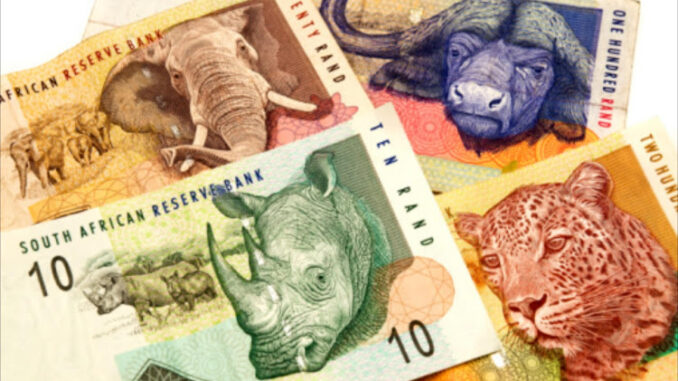
South Africa’s rand weakened against major currencies as international investors shifted toward safe-haven assets amid escalating political uncertainty in South Korea. The currency movement reflects broader market concerns about global stability and anticipated monetary policy decisions in leading economies, with the rand trading at 18.13 against the United States dollar, marking a 0.3 percent decline.
Market analysts attribute the currency pressure directly to geopolitical tensions emanating from South Korea, where lawmakers proposed presidential impeachment following contested decisions about martial law implementation. These developments have strengthened the appeal of traditional safe-haven currencies, particularly affecting emerging market positions and trading patterns throughout the global financial system.
Economic indicators from the United States showed moderate growth in private sector employment, data closely monitored for insights into potential Federal Reserve policy adjustments. Market participants maintain careful attention to economic signals ahead of crucial policy meetings, with Federal Reserve communications holding particular significance for emerging market currencies.
Domestic economic data presents encouraging signs, as South African private sector activity marked its fourth consecutive month of expansion. Business confidence shows improvement, accompanied by increased employment and positive economic forecasts. However, the rand continues responding primarily to external factors and global market sentiment. The nation’s benchmark government bonds reflected market uncertainty, with yields adjusting upward as investors processed both domestic and international developments. This complex interplay between global events and local economic conditions remains central to South African financial market performance.
